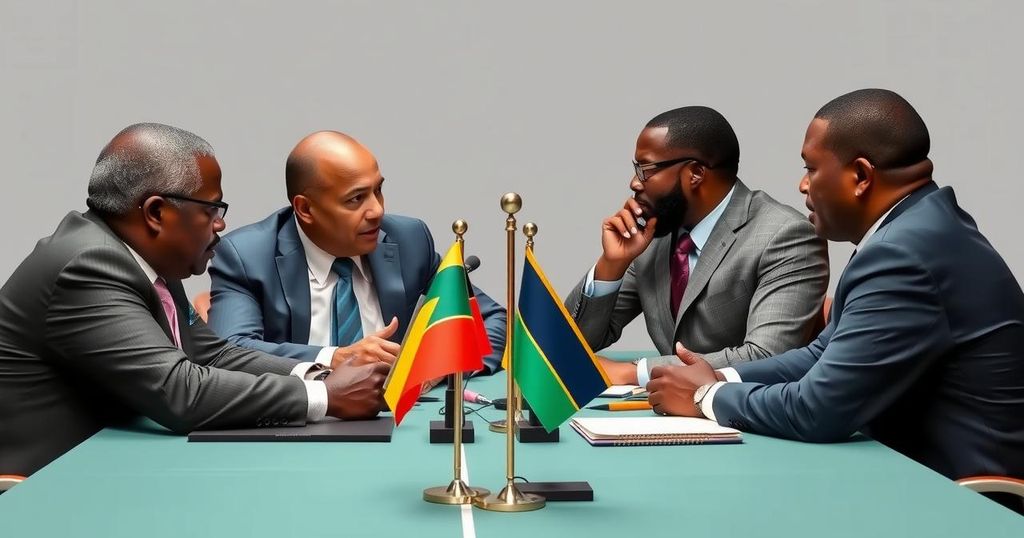Mozambique’s Political Crisis: Prospects for Resolution Through Regional Mediation

Mozambique is in a political crisis following disputed election results that have incited protests and violence. South Africa has taken on a mediating role after SADC’s failure to facilitate resolution. Analysts advocate for a transparent recount and potential power-sharing arrangements, though skepticism remains about state institution impartiality and Frelimo’s willingness to negotiate.
The political unrest in Mozambique has deepened following allegations of vote rigging in the recent elections that saw Daniel Chapo of the ruling Frelimo party declared the winner, garnering 71% of the votes. Opposition leader Venancio Mondlane, who received 20% of the votes, has rejected the results and called for protests. Escalations in violence and a heavy-handed response from security forces have resulted in over 110 fatalities since the protests began on October 21. Amidst these tensions, South Africa has assumed a mediator role, aiming to establish a framework for engagement that may lead to a resolution. Political analysts suggest exploring power-sharing arrangements, emphasizing the need for transparency in the electoral process, particularly with the upcoming ruling from Mozambique’s Constitutional Council on the disputed election results. However, concerns loom regarding the impartiality of state institutions, casting a shadow over the potential path to peace in Mozambique as social issues compound the political crisis.
Mozambique is currently embroiled in a significant political crisis sparked by allegations of electoral fraud following the recent presidential elections. The aftermath has seen widespread protests and violent crackdowns, drawing the attention of regional actors. Due to the ineffectiveness of the Southern African Development Community (SADC) in resolving the situation, South Africa has stepped in as a key mediator. Historical precedents in similar African disputes suggest that power-sharing agreements could play a pivotal role in achieving stability and restoring public trust.
In summary, Mozambique is facing a critical political crisis characterized by electoral disputes and violent protests. The involvement of South African mediators may provide an opportunity for dialogue; however, concerns regarding the fairness of judicial processes and the need for systemic reform present substantial challenges. Historical examples of power-sharing agreements from other African nations signify potential pathways to resolution, yet skepticism remains regarding the ruling party’s willingness to compromise. The upcoming decisions by both regional leaders and the Constitutional Council will be crucial in shaping the future political landscape of Mozambique.
Original Source: www.aa.com.tr







